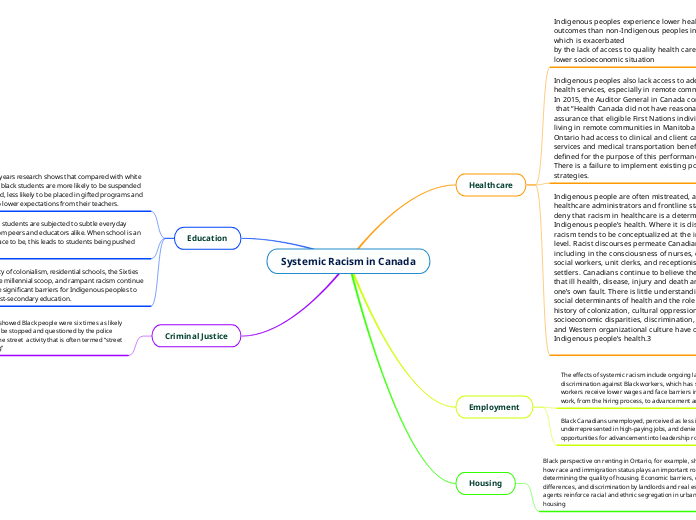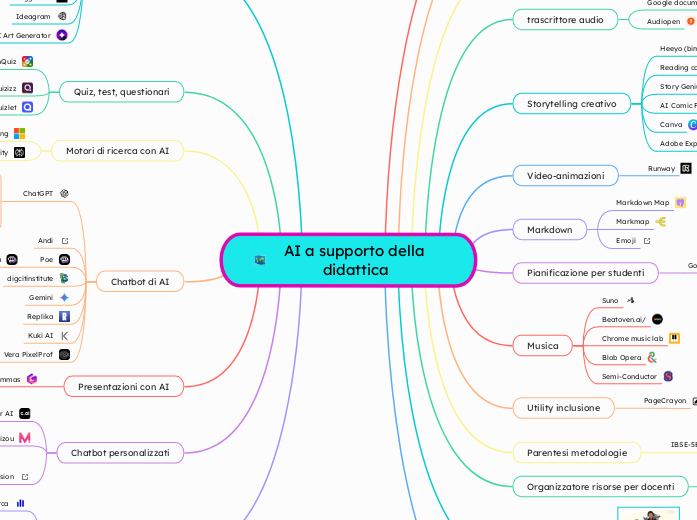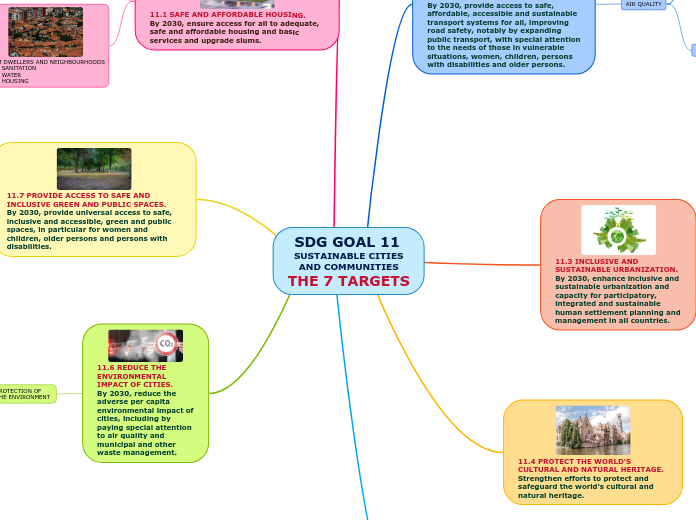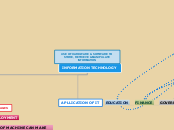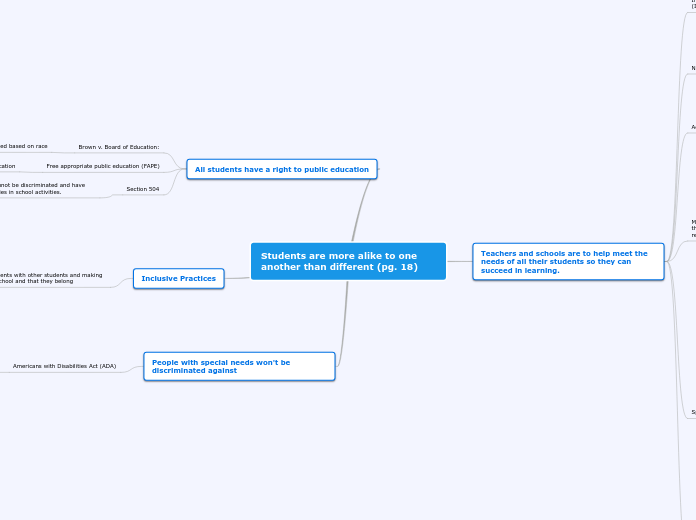by Basharat Talha 2 years ago
175
Systemic Racism in Canada
In Canada, racialized students face subtle but persistent racism in educational settings, resulting in lower expectations from teachers, higher suspension rates, and decreased access to advanced programs compared to their white peers.
